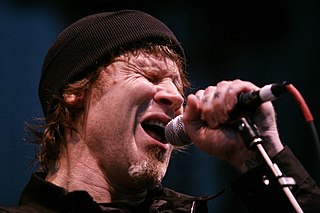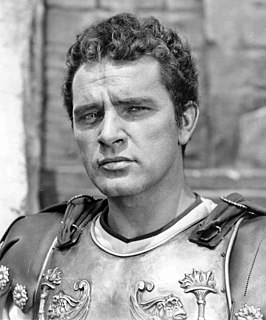A Quote by Mark Lanegan
One of my very favourite poets was a Massachusetts poet named Robert Lowell.
Related Quotes
One of the surest tests of the superiority or inferiority of a poet is the way in which a poet borrows. Immature poets imitate mature poets steal bad poets deface what they take and good poets make it into something better or at least something different. The good poet welds his theft into a whole of feeling which is unique utterly different than that from which it is torn the bad poet throws it into something which has no cohesion. A good poet will usually borrow from authors remote in time or alien in language or diverse in interest.
Nearly all men and women are poetical, to some extent, but very few can be called poets. There are great poets, small poets, and men and women who make verses. But all are not poets, nor even good versifiers. Poetasters are plentiful, but real poets are rare. Education can not make a poet, though it may polish and develop one.
If you look at the Directory of American Poets and Writers, you know there are hundreds of poets in New York City. So therefore, just by specific gravity, it seems like a more significant place. Robert Wrigley is a poet who lives in rural Idaho - I think it's really back-country Idaho - and he writes beautiful poems.
In a sense, I never got over Robert Lowell's History. A flawed, infinitely brilliant project I never tire of going back to. It's a modern Inferno, where Lowell plays both Dante and Virgil, guiding us through dozens of illuminating, bitter episodes from human history, all the while managing to hold a mirror to our confused hominid face as it squints at eternity and fails to grasp any of it.
I certainly was surprised to be named Poet Laureate of this far-out city on the left side of the world, and I gratefully accept, for as I told the Mayor, "How could I refuse?" I'd rather be Poet Laureate of San Francisco than anywhere because this city has always been a poetic center, a frontier for free poetic life, with perhaps more poets and more poetry readers than any city in the world.
Even though Helen Vendler wasn't on the Harvard faculty when I came first in 1979, she was a guardian spirit; Robert Fitzgerald gave me the use of his study in Pusey Library. Monroe and Brenda Engel kept open house, Bob and Jana Kiely made me at home in Adams House. Then, too, in 1979, Frank Bidart, whom Id met in Dublin after the death of Robert Lowell he was over seeing Caroline Blackwood Frank brought me into his circle of friends, including Robert Pinsky and Alan Williamson.
There's not a big range in the political poetry of the last year, or not a political range. On the one hand, no poet that I know of who writes in English in the United States is anything but a humanist. So all poets, including myself, seem to be under that umbrella. We just don't have Rush Limbaugh poets, Ann Coulter poets.
I found poetry at 12 and 13 and, lo and behold, learned that my attorney father had a background in poetry - as he wore dashikis and Afros in the '70s and named his kids Arabic names. He was a poet and a lot like The Last Poets and Gil Scott-Heron and all of these folks. He definitely was an artist.
'Dead Poets Society' was a very influential film on me and so talking about that movie with him, he just inspired me to continue writing poetry and we talked a lot about our favourite poets. My wrap present from Robin was a beautiful limited edition copy of Walt Whitman's 'Leaves of Grass' and that's a great memory for me.
I am particularly conscious of my connection to the poets of the Harlem Renaissance because I, too, am a Black poet, born into, and shaped by, the very community in which those poets of the past produced so much of the work we associate with the Harlem Renaissance. We speak from the same place, both literally and metaphorically.



































